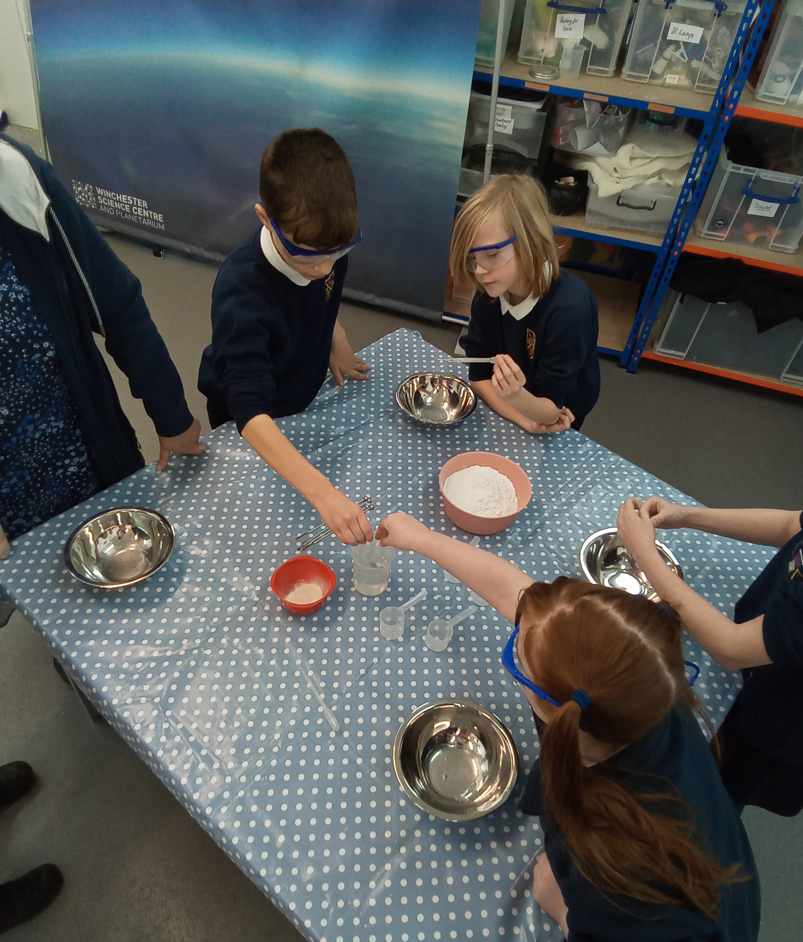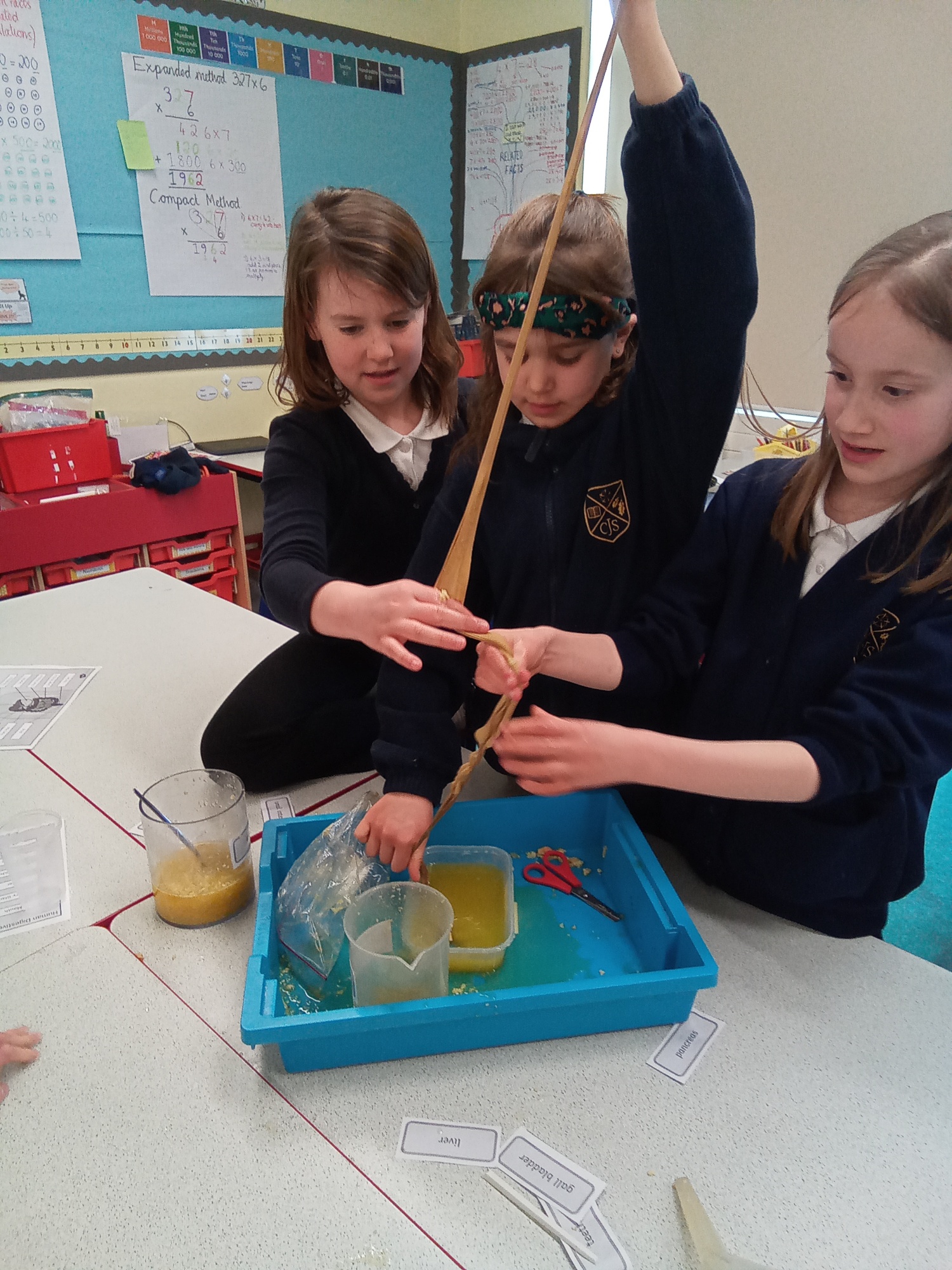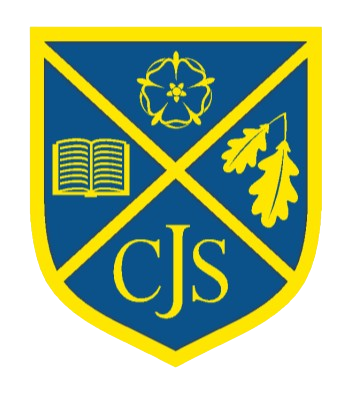Science
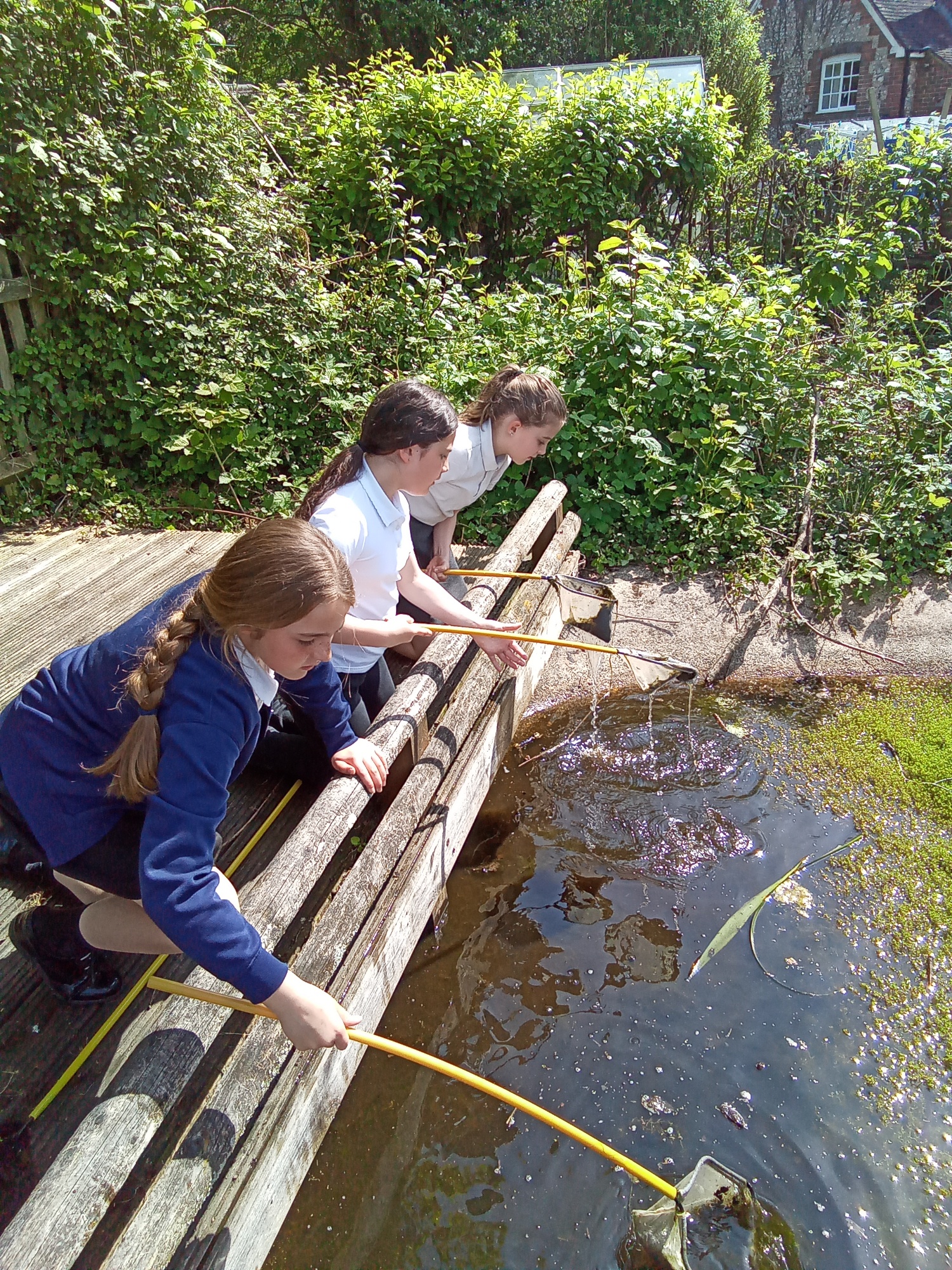
Our vision:
At Clanfield Junior School, we want our pupils to explore science in a meaningful, engaging, and challenging way that sparks curiosity and a love of discovery.
Through our science curriculum, children build powerful knowledge — the best knowledge defined by experts, not usually encountered in everyday life — which must be explicitly taught and revisited so that it is remembered and applied.
We focus on developing both substantive knowledge (the key scientific facts, concepts, and vocabulary) and disciplinary knowledge (the skills scientists use to ask questions, plan investigations, collect data, and draw conclusions). Together, these elements help pupils understand not only what scientists know, but how they know it.
By the end of each unit, children know more, remember more, and can confidently apply their understanding to new ideas, investigations, and real-world contexts.
Our learning journeys:
We follow the Hampshire science learning journeys, as each topic is broken down into knowledge blocks — smaller steps that help children build their understanding in a clear, structured way. These blocks are designed so that learning makes sense and ideas connect over time:
-
Building block topics: Ideas grow one step at a time, helping children develop a deeper understanding as they go.
-
Big model topics: Pupils start with an important idea or model and add more detail and complexity as their knowledge grows.
-
Multiple context topics: Children learn a key scientific concept and then explore how it applies in different real-life situations.
Each unit includes hands-on, problem-solving activities that bring science to life. These tasks give learning a clear purpose — encouraging children to think like scientists, ask questions, and find solutions through investigation.
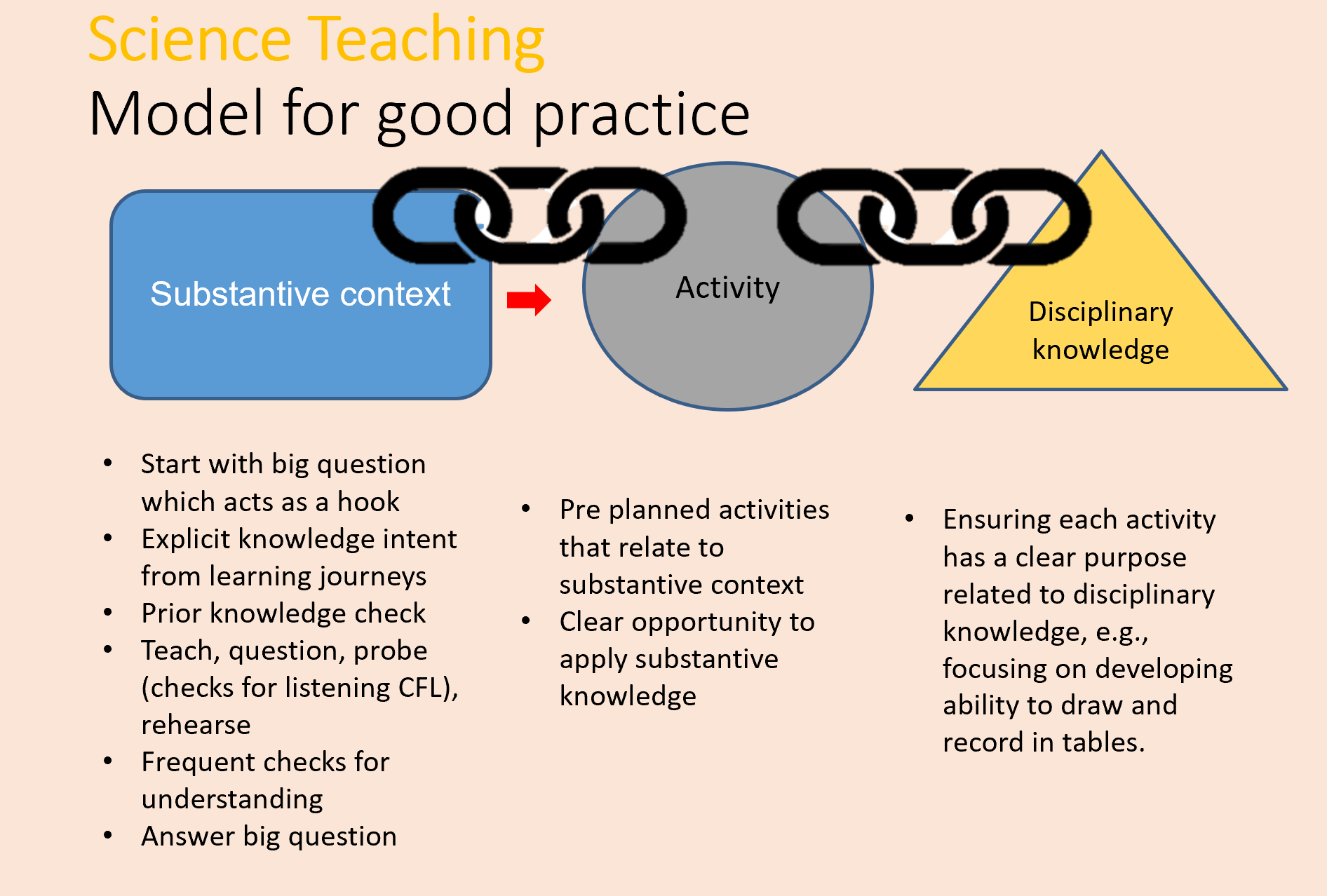
Assessment in Science:
Assessment for learning is embedded throughout our science curriculum to ensure that pupils develop a secure and lasting understanding of key concepts. Teachers regularly check for understanding by clarifying vocabulary, exploring scientific ideas in depth, and addressing misconceptions as they arise. Retrieval opportunities and mini quizzes are used to revisit prior learning, strengthen knowledge retention, and make meaningful links between topics. This ongoing assessment enables teachers to adapt lessons and provide targeted support so that all pupils make sustained progress, ready for the next stage of their educational journey.
